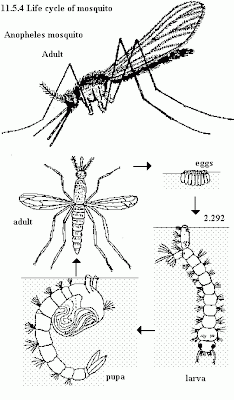
Bukowski knew.
And I think that I'm just beginning to get it.
I am Jane Goodall's Tanzanian monkeys typing about bananas. My fingers are Santa's little helpers. My hope is a sporadic rainfall - yet a torrential downpour in all creative environments. I am Theseus, unspooling golden yarn. Sisyphus, sweating uphill. Bukowski, scribbling away in rooming houses. A river always flowing. I am the nightmare of stagnancy and a God of Imagination.



He conquers twice who conquers himself in victory
im the guy
right now
writing about things to write
my soul is the Earth’s sun 8 million years from now
and my heart is chum, constantly thrown into oceans
jotting down ideas
and always writing about writing
and my writing
always takes a lot of rewriting
i’m so tired
and so ready
to cultivate the paddy fields of your mind
mine your ore
and excavate your precious resources
i am big business
when not writing about not writing
you’ll never see my greatest moments
and if you do?
then I’ll see it first
because,
im the guy
right now
writing
trying

SPRINGFIELD, Massachusetts (AP) -- It was a ginormous year for the wordsmiths at Merriam-Webster.
Along with embracing the adjective that combines "gigantic" and "enormous," the dictionary publishers also got into Bollywood, sudoku and speed dating.
But their interest in India's motion-picture industry, number puzzles and trendy ways to meet people was all meant for a higher cause: updating the company's collegiate dictionary, which goes on sale this fall with about 100 newly added words.
As always, the yearly list gives meaning to the latest lingo in pop culture, technology and current events.
There's "crunk," a style of Southern rap music; the abbreviated "DVR," for digital video recorder; and "IED," shorthand for the improvised explosive devices that have become common in the war in Iraq.
If it sounds as though Merriam-Webster is dropping its buttoned-down image with too much talk of "smackdowns" (contests in entertainment wrestling) and "telenovelas" (Latin-American soap operas), consider it also is adding "gray literature" (hard-to-get written material) and "microgreen" (a shoot of a standard salad plant.)
No matter how odd some of the words might seem, the dictionary editors say each has the promise of sticking around in the American vocabulary.
"There will be linguistic conservatives who will turn their nose up at a word like `ginormous,"' said John Morse, Merriam-Webster's president. "But it's become a part of our language. It's used by professional writers in mainstream publications. It clearly has staying power."
One of those naysayers is Allan Metcalf, a professor of English at MacMurray College in Jacksonville, Illinois, and the executive secretary of the American Dialect Society.
"A new word that stands out and is ostentatious is going to sink like a lead balloon," he said. "It might enjoy a fringe existence."
But Merriam-Webster traces ginormous back to 1948, when it appeared in a British dictionary of military slang. And in the past several years, its use has become, well, ginormous.
Visitors to the Springfield-based dictionary publisher's Web site picked "ginormous" as their favorite word that's not in the dictionary in 2005, and Merriam-Webster editors have spotted it in countless newspaper and magazine articles since 2000.
That's essentially the criteria for making it into the collegiate dictionary -- if a word shows up often enough in mainstream writing, the editors consider defining it.
But as editor Jim Lowe puts it: "Nobody has to use `ginormous' if they don't want to."
For the record, he doesn't.



